Updates on key developments in genomics

The growing importance of genomics for rare disease
Genomic technologies are paving the way for new diagnoses, treatments and therapy for patients with rare and ultra-rare disease

The role of genomics in assisted reproduction
As medical understanding of genetic variation increases, genomic technologies are providing hope for assisted reproduction

Microbiome matters
The human microbiome is a hot health topic. But what is this 'microbiome'? And how can it affect our health?

Clinical interpretation: when is a variant a mutation?
Genome sequencing produces volumes of valuable data, but what are the challenges of interpretation that gives practitioners the answers they need?

Using genomics to fight infectious diseases
As genomics becomes increasingly relevant in clinical practice, it could help tackle outbreaks of diseases such as tuberculosis and measles
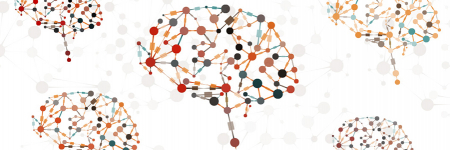
Psychiatric genomics - a double-edged sword?
While genomics alone may not generate a diagnosis or wide-scale treatment, it may help us better understand psychiatric disorders
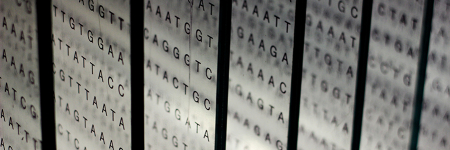
Genomics and the trouble with 'N of 1' trials
Randomised controlled trials are a rigorous way to identify cause and effect, but when it comes to rare genomic variants, connections can be hard to detect

Finding needles in haystacks: making sense of genomic data
Sequencing the genome is just the start; interpreting the sequence is the next big challenge

Destined for fitness? The genetic influences on exercise
Studies have identified genes that can influence a person's exercise performance and response, as well as their propensity for injury
 https://www.genomicseducation.hee.nhs.uk/wp-content/uploads/2015/05/herpes-simplex-virus-strip_900px.png
300
900
Charlotte Murray
/wp-content/uploads/2018/06/gep-white-logo-sm-v2.png
Charlotte Murray2015-05-28 00:00:002021-03-10 16:57:42Novel 'virotherapy' shows promise for skin cancer treatment
https://www.genomicseducation.hee.nhs.uk/wp-content/uploads/2015/05/herpes-simplex-virus-strip_900px.png
300
900
Charlotte Murray
/wp-content/uploads/2018/06/gep-white-logo-sm-v2.png
Charlotte Murray2015-05-28 00:00:002021-03-10 16:57:42Novel 'virotherapy' shows promise for skin cancer treatment
Sequencing cancer DNA - what are the issues?
Whole genome sequencing can reveal vast amounts about how cancer cells work, but the process of discovery is not without challenges
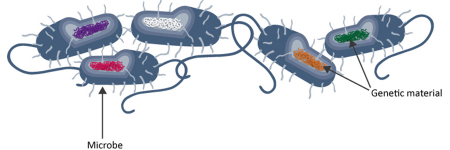
How to handle hospital-acquired infections with genomics
Technology used to analyse the human genome can be applied to infective agents to identify and track the outbreak

Precision in medicine in action
Genomics can help to target treatments for patients with cancer, rare inherited conditions, and infectious diseases
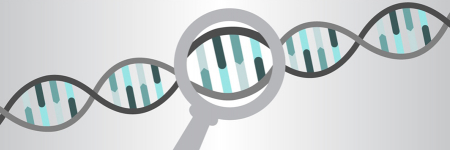
Unexpected genomic findings: who wants to know?
A ground-breaking survey on health professionals, researchers and the public's attitudes towards genomics raises some important questions

Gene therapy moves towards the mainstream
While still in their infancy, gene therapy techniques could hold great promise for patients with rare diseases
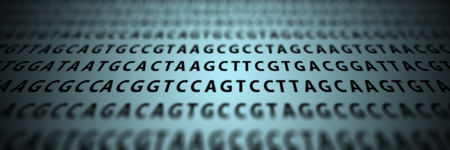
CRISPR: From 'silly idea' to miracle cures?
Editing a person's genome is a high-stkes proposition. Dr Alain Li Wan Po looks at the science behind it and the ethical issues at play

Detecting Down syndrome with genomics
A major US study has shown that non-invasive prenatal testing performs better than invasive methods, but what about the UK?

State of the nation: decoding the Icelandic genome
Genomic studies are focusing not just on key diseases, as with the 100,000 Genomes Project, but on whole population groups

Can the genetic 'fat map' aid obesity prevention?
New research has discovered more than 90 genetic regions that influence obesity, tripling the number of previously known regions

The 100,000 Genomes Project – sorting fact from fiction
As the first patients are set to be recruited to the main study this month: what are the truths and myths about this Project?

Step closer to mainstream precision medicine
Rare disease diagnoses made for two of the families involved in the 100,000 Genomes Project


